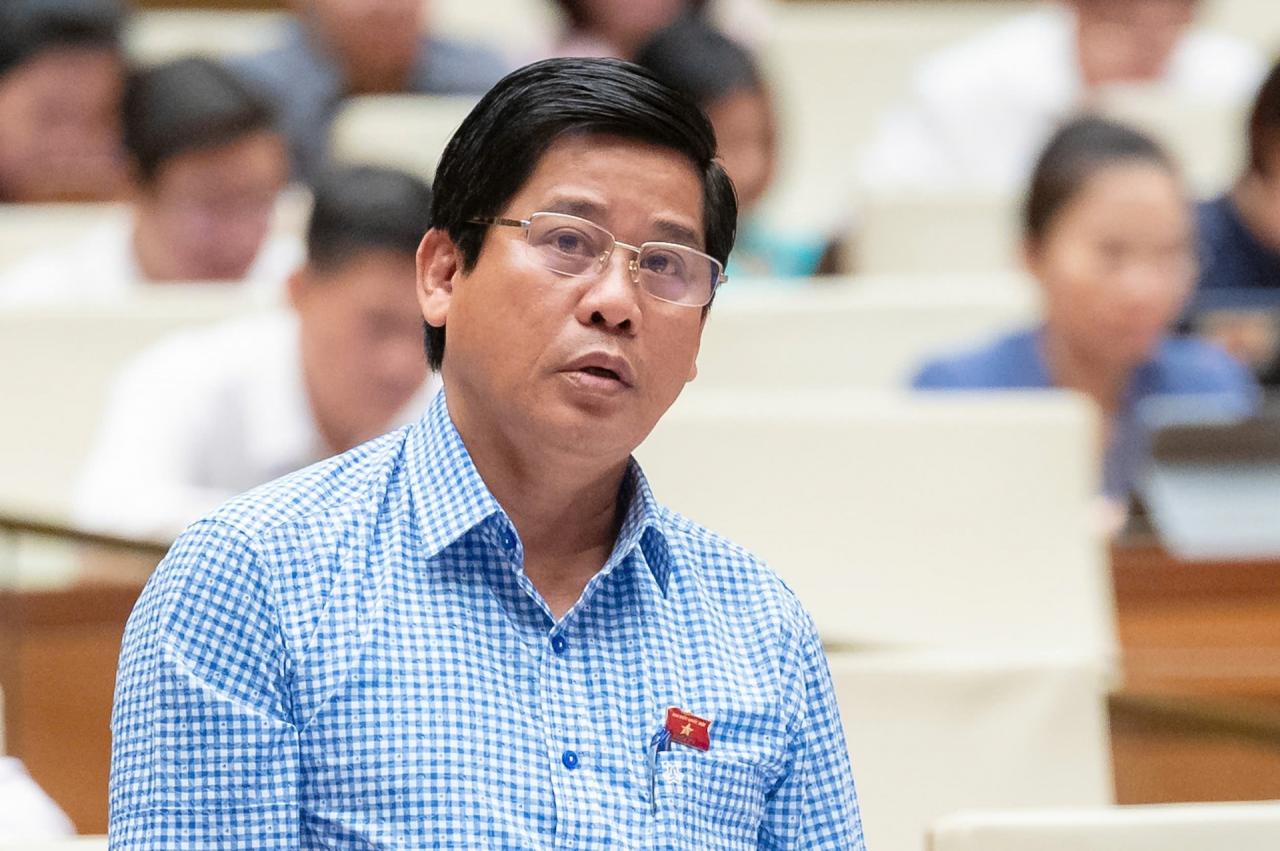
Delegate Duong Van Phuoc said that the draft law has inherited the relevant provisions of the current Notary Law, promptly amending and supplementing the provisions to overcome limitations and difficulties in the implementation of the law on notarization; ensuring the professionalism and effectiveness of notarization activities in accordance with the nature of public services authorized by the State, contributing to ensuring safety in civil and economic transactions, creating a healthy and sustainable investment and business environment, limiting disputes and complaints.
The draft law stipulates a maximum age limit for notaries to practice at 70 years old. According to the opinion of delegate Duong Van Phuoc, if the age limit for notaries to practice will be inconsistent with the legal system regarding the age of practice of other judicial positions such as: lawyers, bailiffs, administrators, auctioneers... who are in the judicial profession but do not have a limit on the age of practice.
In addition, notaries must undergo annual health check-ups. If they do not meet the health requirements, they will be dismissed according to the provisions of Article 14 of the draft law. Therefore, delegate Duong Van Phuoc suggested that the Drafting Committee consider not limiting the age of notaries to practice so as not to waste social resources and affect the rights of notaries who are partners contributing capital to establish notary offices.
In order to ensure the stability of the notary practice organization, better meet the notarization needs of individuals and organizations, in accordance with the nature of notarization services as a judicial support activity, a notary is a person who meets the standards for appointment to practice notarization and some certification tasks as prescribed.
At the same time, to ensure the continuity of service provision, notary organizations and notaries must take long-term responsibility for notary activities. With this requirement, the private enterprise model owned by a notary will be difficult to meet, especially in the case of a situation where the sole notary dies or is unable to practice notary due to health or personal reasons, which does not ensure continuous and stable notary activities.
In addition, resolving the consequences of notarized documents for notary offices organized as private enterprises when they cease operations will cause difficulties for state management.
For that reason, in Article 20, delegates proposed to choose Option 2, which stipulates that notary offices can only be organized and operate in the form of a partnership company, not allowing notary offices to be organized and operate in the form of a private enterprise, even in cases where district-level areas have low population density, underdeveloped infrastructure and services, and difficulties in establishing notary offices.
Article 20 of the draft law stipulates that "General partners must be notaries and have equal rights when deciding on matters of the notary office". Delegates proposed to consider and remove the provision that "general partners must be notaries" in this article, because according to the draft law, there is no case where a general partner of a notary office is not a notary.
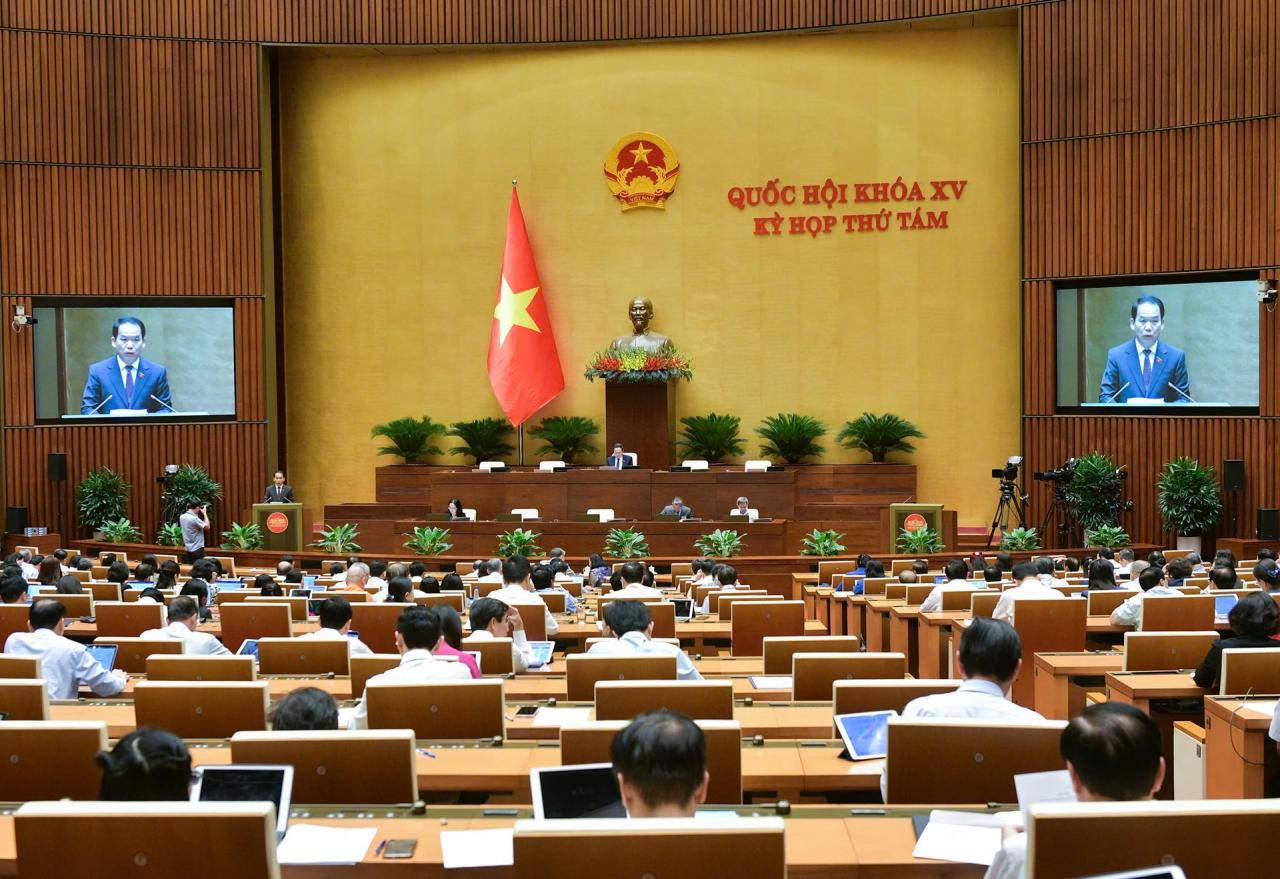
Regarding compensation for damages in notarization activities, Article 37 of the draft law stipulates that "Notarization practice organizations must compensate for damages to notarization requesters and other individuals and organizations caused by the fault of notaries and their employees during the notarization process" which is inconsistent with the provisions of the Enterprise Law.
According to delegate Duong Van Phuoc, a notary office is an organization owned by at least two partners who are joint owners and are responsible with all their assets for the obligations of the notary office.
Unlike other types of limited liability companies and joint stock companies, company members are only liable to a limited extent within their capital contribution to the company, but in a partnership, general partners are liable to unlimited liability for the company's obligations.
Furthermore, in essence, the general partners are directly responsible for the company's obligations, and the company's assets are also under the discretion of the general partners. Therefore, for a general partnership, it is reasonable to stipulate that the liability for compensation for damages belongs to the general partners, and the company only acts as a representative to compensate.
For the above reasons, the delegate proposed to amend Article 37 to stipulate that "Notary practice organizations representing notaries shall compensate individuals and organizations requesting notarization for damages caused by notaries or their employees during the notarization process".
Source: https://baoquangnam.vn/de-xuat-khong-gioi-han-do-tuoi-hanh-nghe-cong-chung-vien-3143292.html





![[Photo] Closing of the 11th Conference of the 13th Central Committee of the Communist Party of Vietnam](https://vstatic.vietnam.vn/vietnam/resource/IMAGE/2025/4/12/114b57fe6e9b4814a5ddfacf6dfe5b7f)

![[Photo] Overcoming all difficulties, speeding up construction progress of Hoa Binh Hydropower Plant Expansion Project](https://vstatic.vietnam.vn/vietnam/resource/IMAGE/2025/4/12/bff04b551e98484c84d74c8faa3526e0)
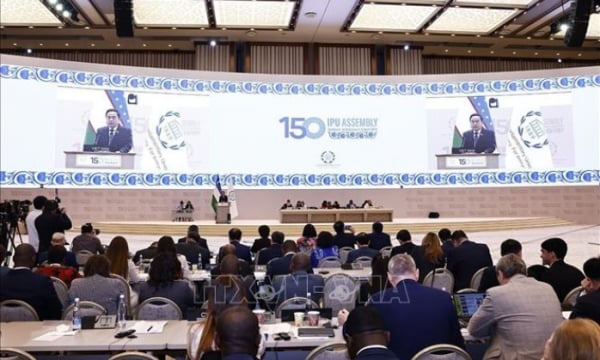
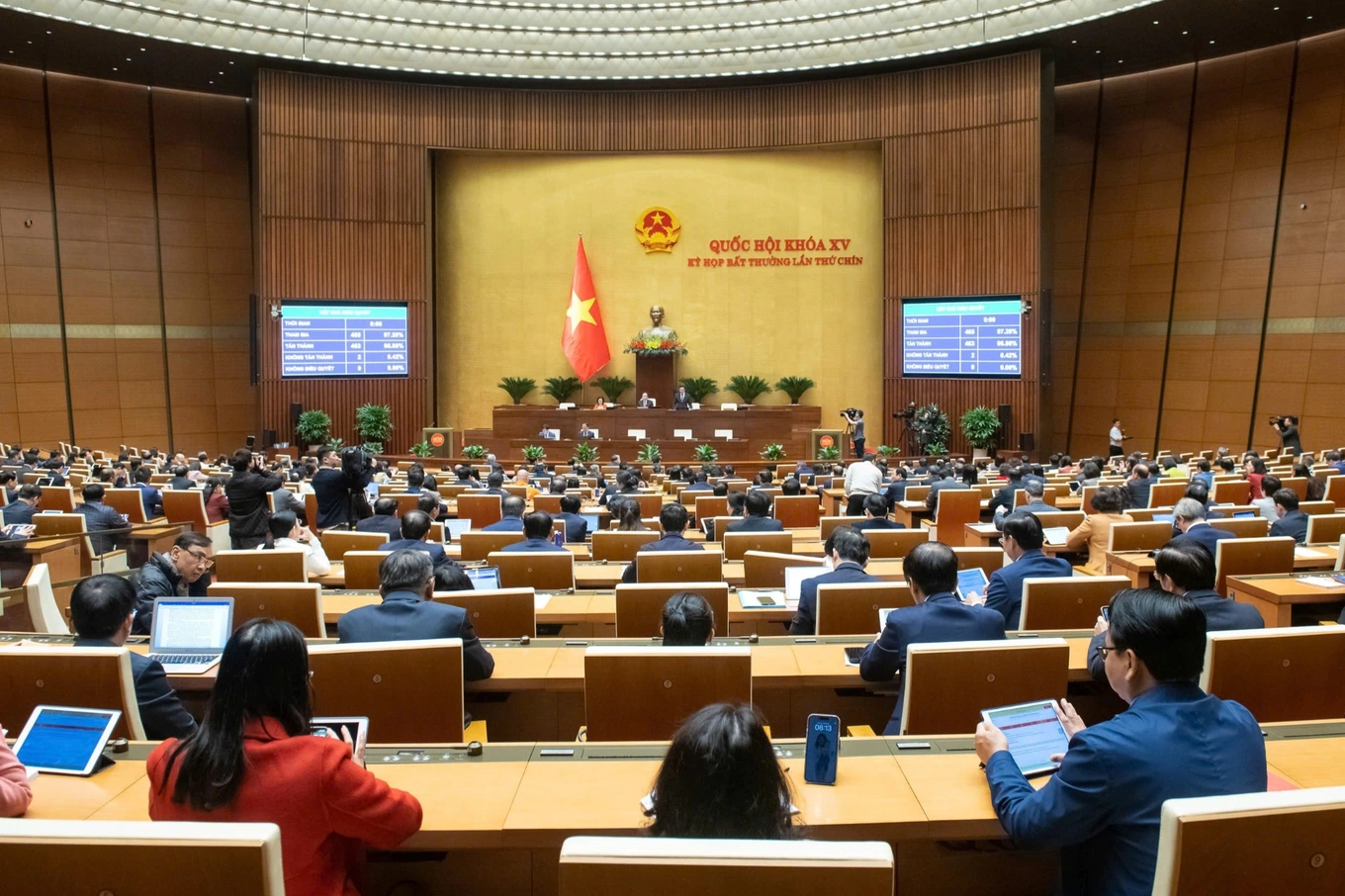



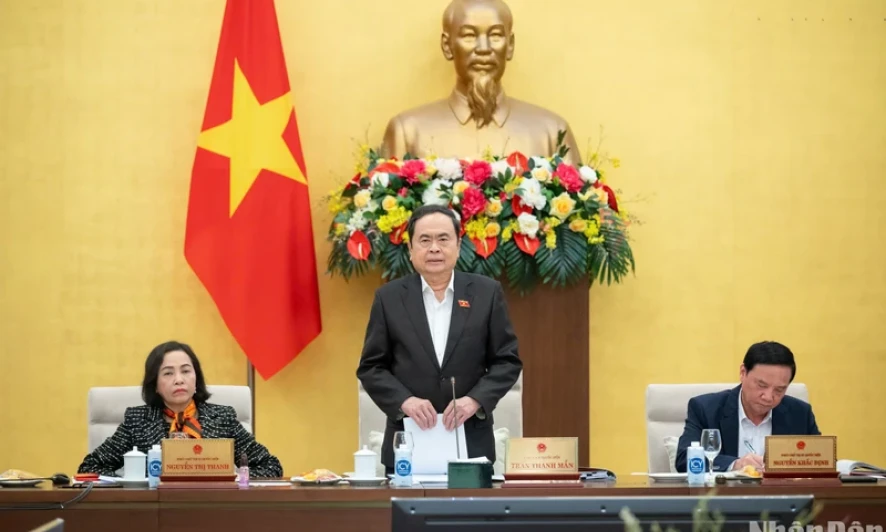


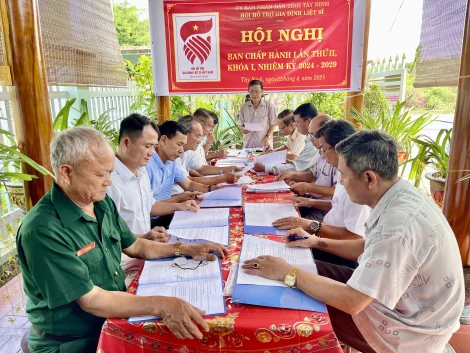
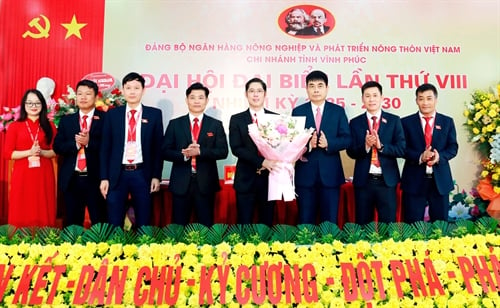








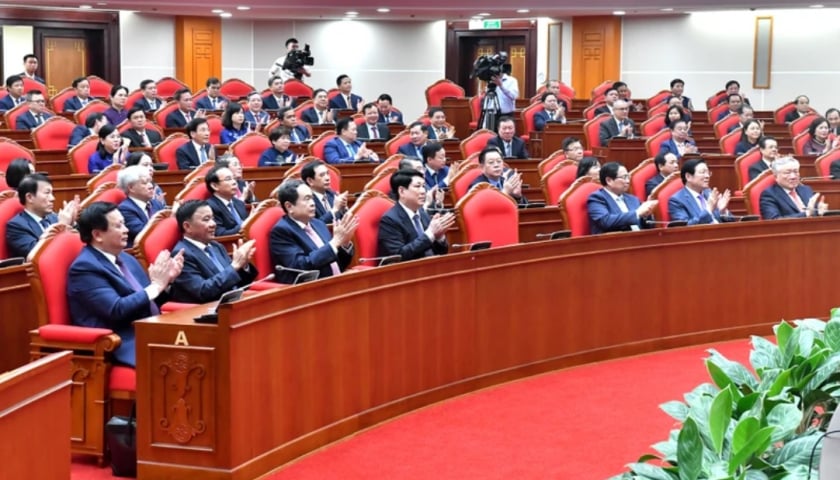
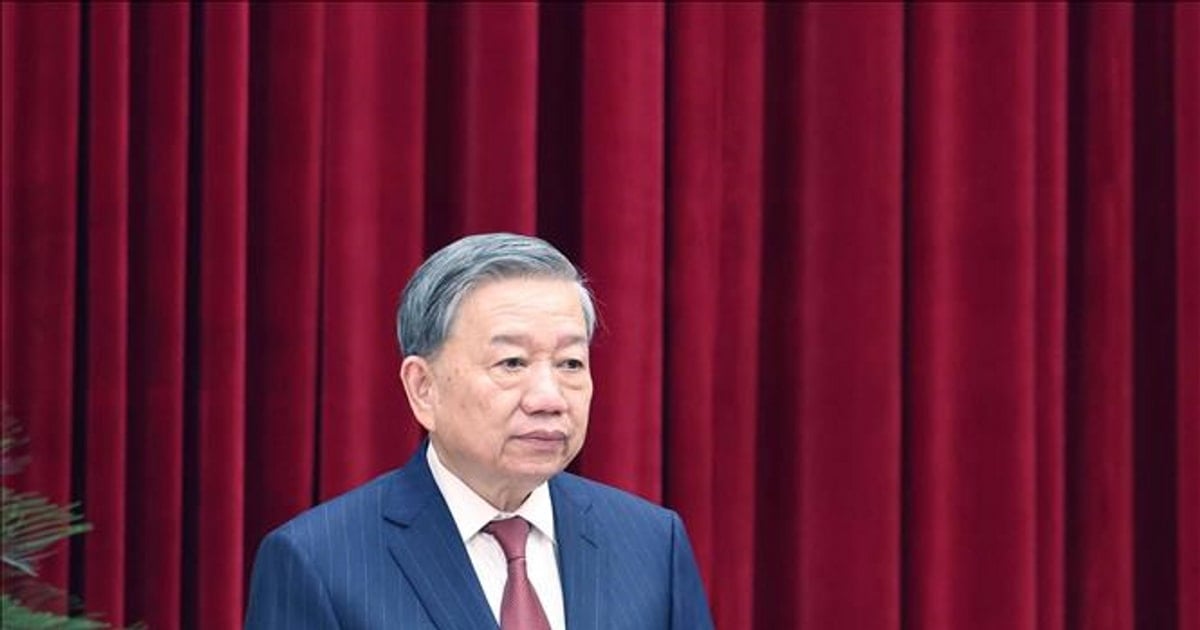































































Comment (0)